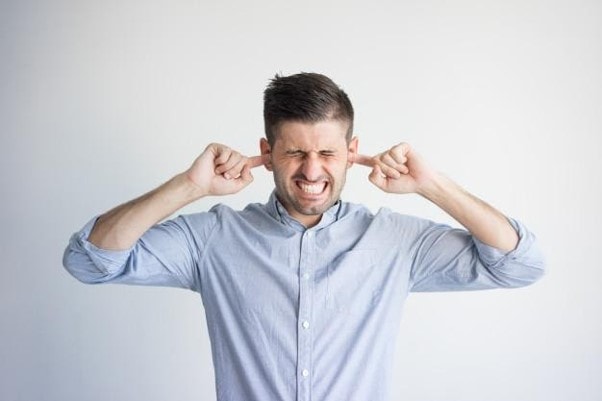
They often say we don’t know what we’ve got until it’s gone.
Most of us are members of the fortunate bunch born with perfectly normal hearing. Being able to hear well allows us to not only function properly in our day to daily lives and dodge potential danger, but also to entertain, and be entertained. Yet, so many of us hardly realize the importance of good hearing, and a greater number ignore advice against habits that have the risk of losing your hearing. If someone or something has inspired you to learn ways to reduce yours and your loved ones’ chances of becoming deaf, this list of self-induced causes of hearing loss will provide guidance to gain more control over the fate of your hearing ability.
1) Loud Music and Noise
Before we get to the other causes that most of us did not know about, let’s cover this common advice that people often turn a deaf ear to — loud music (especially through using bad quality earphones).
In our ears are tiny hair cells (found in the cochlea) that change sound waves into electric signals. These signals are then carried to our brain by our nerves to be recognized by us as sounds. These tiny hair cells are easily damaged by loud sounds, which is one of the main causes of hearing loss in adults in Singapore.
To protect your hearing, invest in a good pair of earphones or headphones with noise-canceling features. This is so that you won’t need to turn up the volume past the World Health Organization’s (WHO) recommendation of under 85dB, and at this level for no more than 8 hours a day. As most people do not usually know the level of decibels, a general rule of thumb is the 60/60 rule — listening to music at a volume of 60% of your device’s capability, for no more than 60 minutes a day.
2) Smoking
Smokers are up to 70% more likely than non-smokers to suffer from hearing loss. Nicotine in cigarettes restricts blood flow to the ears, potentially damaging neurotransmitters in the auditory nerve. Not only will your hearing be affected, so will your loved ones’ hearing. According to researchers at the NYU School of Medicine, passive smokers were twice as likely to experience hearing loss than those who were not exposed to second-hand smoke.
The more you smoke, the greater the risk of losing your hearing. If you do not smoke, protect yourself from being a victim of second-hand smoke.
3) Vaping
Just as cigarette smoking is bad for your hearing, vaping of e-cigarettes is too. Contents of the fluid that creates the vapor contain propylene glycol — a synthetic chemical linked to sudden hearing loss.
Fortunately, this has been made illegal in Singapore and several countries around the world!
4) Excessive Drinking
We’re not talking about the drinking of water but the overindulgence of alcohol. Health experts have linked alcohol as a cause that interferes with the brain’s ability to interpret sound. Excessive drinking of alcohol can also damage the hair cells in the cochlea.
If you don’t think that’s bad enough, consider the fact that drinking too much alcohol actually shrinks the central auditory cortex of the brain. This means that the nerves that are responsible for processing sound are negatively impacted. While there may be cochlear implants that could reverse hearing impairment, we can’t just replace that part of the brain and expect the same.
5) Obesity
Being obese does not cause hearing loss but it does increase the risk of other health issues that are linked to losing your hearing, such as high blood pressure and diabetes. Obesity affects blood and oxygen circulation throughout your body — a highly important factor that contributes to the health of the hair cells in the cochlea.
To combat this, remember to implement a healthy diet and exercise regime as part of your lifestyle.
6) Bad Oral Health
We’re finally getting on to this point: the statement in our title that probably got you to check out this article. As odd as it is unfortunate, not taking care of your teeth can be a cause that leads to damaged hearing.
Healthy teeth and gums keep your mouth free from bacteria that can cause infections and swelling. When oral bacteria enter the bloodstream, we open ourselves to inflammation and narrowing of the arteries. This will lead to poor blood and oxygen circulation, poor health of the tiny hairs in the cochlea, and the eventual fate of losing your hearing.
While bad oral health has no immediate risk of losing your hearing, it’d be wise to start caring for your teeth and gums now! Besides, what’s there to dislike about beautiful white teeth and an odour-free mouth?
7) Pinching Your Nose when Sneezing
When we sneeze, thousands of germs rush through and out of our nasal canal at approximately 160km per hour, so it isn’t surprising that sneezing in public can be particularly daunting to some. Whether you pinch your nose or force your mouth closed when you sneeze, trying to suppress a sneeze is never a good idea.
Before we sneeze, a significant amount of air pressure builds up in our lungs in preparation to force air through our nostrils to clear irritants out of the nasal passages. Sneezing while holding your nose or closing your mouth forces this pressurized air back through the eustachian tube (a canal that connects the middle ear to the upper throat and the back of the nasal cavity) and into the middle ear cavity.
Although the risk of losing your hearing due to holding a sneeze is low, the pressures of a sneeze can do damage to the middle and inner ear, including rupturing the eardrum. Such trauma to the membranous structures of the ear has caused sudden severe sensorineural hearing loss and conductive hearing loss.
To avoid such injuries to your hearing, just let those sneezes out!
Don’t Ignore Hearing Loss
Kudos to you if you’re still reading this article up to this point! It’s evident that you’re really taking your hearing health seriously. For this final but (very!) important section of this list, we’re going to discuss why no one should ignore signs and conditions of hearing loss.
Many middle-aged and elderly who have been experiencing hearing loss of different levels tend to dismiss the idea of being treated, even if the condition has affected their quality of life. Deteriorated hearing ability is expected to come with age, and worries of costs involved in getting treatment to leave many to give up on opportunities to improve their well-being where hearing is concerned. Research has also shown that most who have mild hearing loss felt that they could easily live with the condition, that their day-to-day lives have not been affected, and that they don’t understand the negative effects of not being able to hear well.
-
Hearing Loss in Middle-Aged and the Elderly
While there’s a list of detrimental side effects, the most concerning is that of a heightened risk of developing dementia. John Hopkins University conducted a study that linked hearing loss to accelerated brain tissue loss and dementia. When our brain needs to work harder to be aware of conversations and situations happening in our surroundings, the increased drain on cognitive resources to understand can accelerate the decline of other brain functions and contribute to gray matter loss. This, in turn, can cause mild hearing loss to deteriorate faster.
-
Hearing Loss in Children
It is important to identify hearing loss in children at a very early age because children that are untreated tend to fall behind their peers in speech and language development, cognitive skills and social skills. These deficits can lead to adult issues such as reduced socioeconomic status, poor socialization skills, and depression.
Hearing loss can affect anyone at any stage of their lives. It is important to go for a screening every once in a while to ensure you are in-the-know of the condition of your hearing. The sooner the detection of hearing loss, the lesser risk you have in losing your hearing (and affecting the well-being of your finances).
Find out if your neighbourhood audiology clinic provides free hearing tests. Otherwise, if you are a Singaporean, use the CHAS card for subsidized hearing tests and treatments. From September 2019, all Singaporeans are entitled to apply for the CHAS card. Apply for one and check out your nearest audiology clinic for a hearing test session!

 Find Us
Find Us Call Us
Call Us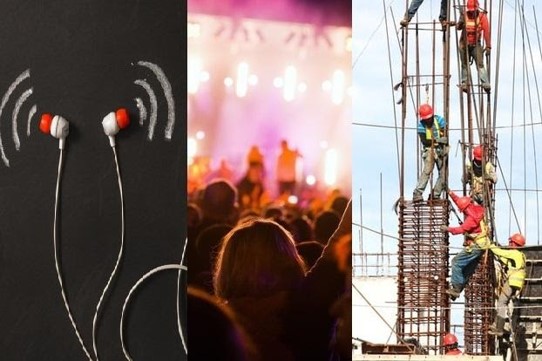
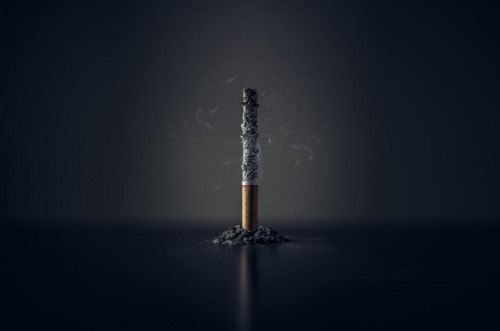

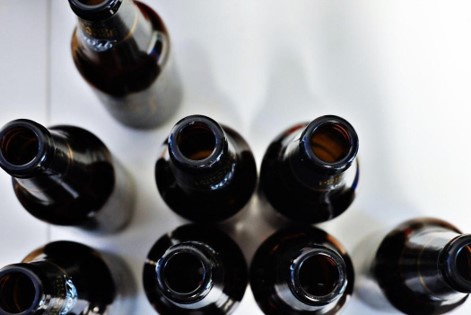
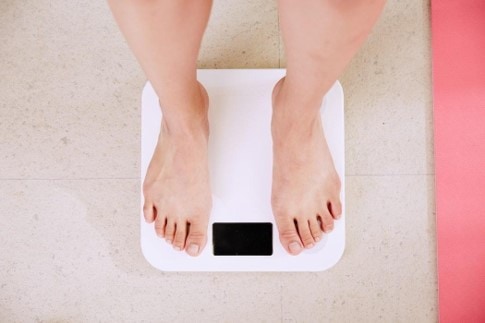
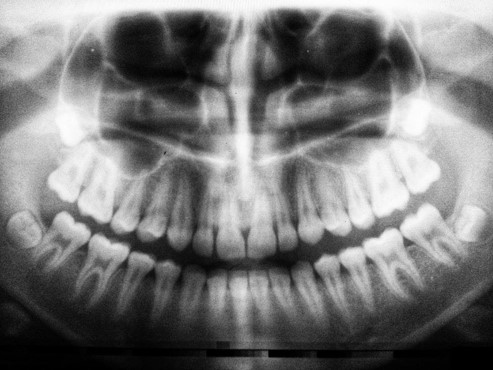
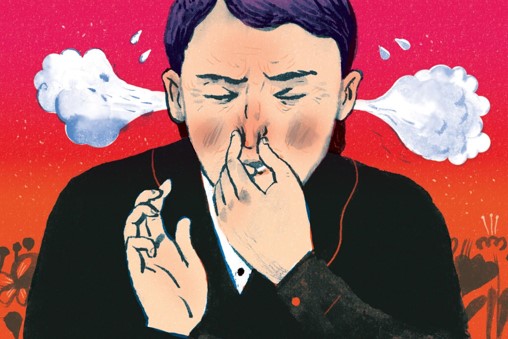
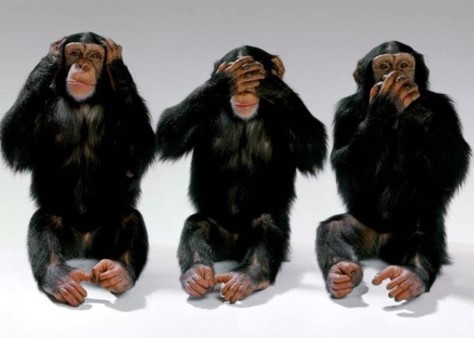
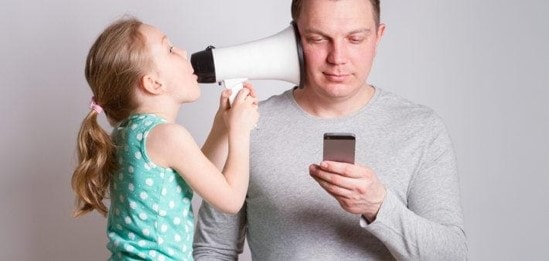

Comments are closed, but trackbacks and pingbacks are open.